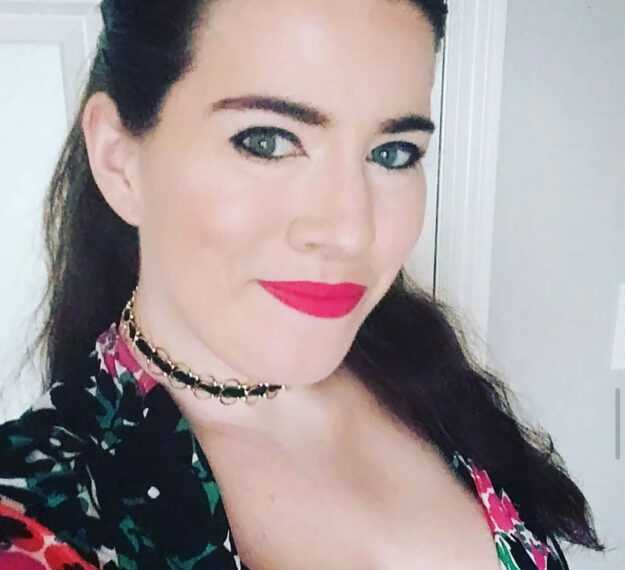
Thank technology for the answers in 48 Hours‘ chilling tale of Kassanndra Cantrell (airing March 4), a Tacoma, Washington, woman who disappeared in 2020, leaving hardly a clue behind — or so it seemed. “Your digital footprint [lets police] trace you to your last moment on earth,” says Natalie Morales, a contributor to the venerable true crime show who juggles her work as a CBS News correspondent with her hosting gig on The Talk.

(Credit: Kassanndra Cantrell/Instagram)
As Morales’ story “Kassanndra’s Secret” tells it, Cantrell, outspoken on social media and in person, lived with her mother, who filed a missing-persons report with local law enforcement as soon as she realized her 33-year-old daughter was not staying with a friend, as she had thought.
One of the first avenues of investigation was an online conflict, Morales reveals: “The man she was talking to did say [on social media], ‘I’m gonna come and kill you.’” Then, via house security-cam footage and other digital documents, Kassanndra’s phone records, and GPS data, the episode follows the trail to a stunning secret she’d withheld and, finally, resolution.
The takeaway should deter potential perps: “We’re all being watched,” comments news veteran Morales, and “pings” of evidence are vital in every case. Ubiquitous cameras as well as smartphones and other tracker-embedded devices mean nearly every interaction is on the radar. “Anybody who would think of a perfect crime,” she adds, “there’s no such thing.”
Reporting by Carole Braden
48 Hours, Saturday, March 4, 10/9c, CBS

